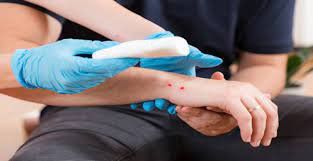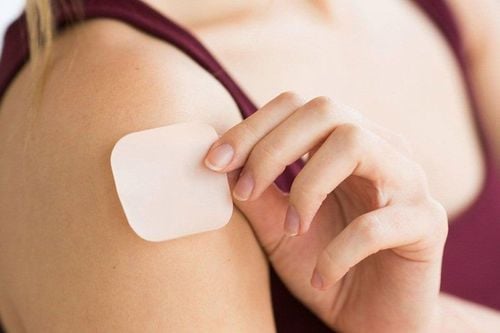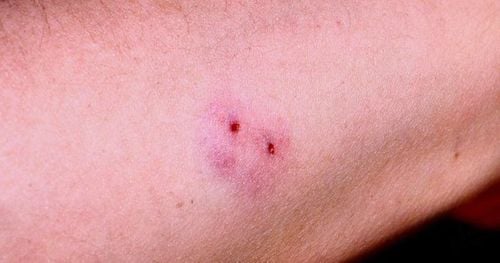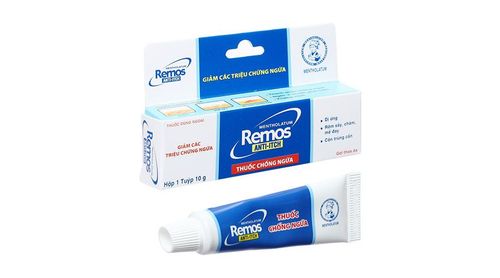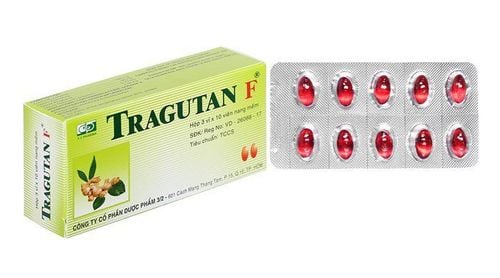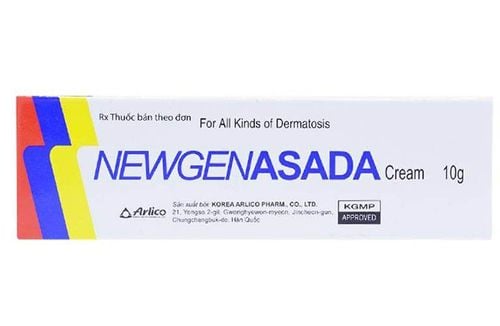This is an automatically translated article.
Snake venom is a gland containing the venom of snakes, which can seriously affect human health. People bitten by venomous snakes can die if not treated promptly. When treating venomous snakes, snake antidote is the most optimal choice. However, care should be taken when using snakebite drugs because each type of snake venom will have different antidotes for snakes.
1. Antidote for snake bites
Snakes are one of the animals that are dangerous to humans. Some snakes contain venom in their salivary secretions. Each different type of snake will have venom that, when entering the human body, causes different clinical manifestations. The severity of snake venom depends on many factors, namely:
Snake species and size of snake. According to snake venom studies, the severity of rattlesnake venom is greatest for the body, followed by water cobras and copperheads. There are about 3,000 different types of snakes in the world, but only about 15% of them worldwide pose a danger to humans due to their venom or toxic secretions in their saliva. The amount of venom injected into the body each time it is bitten. Number of snake bites . More bites mean more venom put into the person. The location of the bite, the depth of the bite. Usually the bite on the head will be more severe than on the limbs. The deeper the bite, the faster the venom enters the circulatory system, the more dangerous the person bitten by a snake will be. The health status of the patient is an important factor. Not only for the problem of snake venom, but in any disease, if the patient has good health, good immune resistance, the symptoms will be milder. The time from being bitten by a snake to being treated, treated and removed from the body. The patient's response to the same venom. Snake venom can be treated with medication. With different types of snake venom, there are different drugs used.
Some antivenoms for snakebites :
In the United States, people use Crotalidae polyvalent immune FAb (an antivenom derived from sheep), which are purified fragments of IgG antibodies taken from sheep were injected with snake venom. This drug helps to detoxify snake bites very quickly, but how effective it is depends on the time and dose used.
The drug is effective even when injected 24 hours after being bitten, but it is recommended that the snake antidote should be given as soon as possible. Tests on patients show that this snakebite drug has few side effects on patients. Dosage: take 4 to 12 vials of the drug, dilute with 250ml of 0.9% sodium chloride infusion solution, and then slowly infuse 20-50ml/h for the first 10 minutes. If no side effects are noted, continue with the remainder of the infusion. When the patient's symptoms are not completely stabilized, repeated infusions can be given. Medicines can be used to treat snake bites in children. To treat rattlesnake venom in North America, a equine antigen called Fab2 immunogenic Crotalidae is used.
Dosage: It is recommended to start with 10 vials diluted with 250ml of saline solution and then slowly intravenously infuse 25-50ml/hour for 10 minutes. If there are no adverse effects, continue infusion at a maximum rate of 250ml/hour until the patient is stable. Depending on the patient's condition, consider repeating the initial dose every hour. This antigen is also effective against the venom of vipers and cobras. Use with caution in patients with coronary artery disease, diabetes, the elderly and children. In a person bitten by a coral snake, the treatment is also an antigen from a horse.
Dosage: 5 vials for people suspected of being bitten by coral snakes, 10-15 vials for people who have been bitten with clinical symptoms. Adults and children take similar doses.
2. Be careful when using antidote for snake bites
One of the biggest mistakes in using antidote for snakebites is using folk remedies for first aid when detecting a venomous snake bite, then not taking the patient to medical facilities for further treatment. treat bites. Most patients come to the hospital when they already have severe symptoms such as respiratory failure, signs of widespread necrosis at the bite site, making the poisoning more serious, and the treatment is also more difficult. There are even cases of death due to being too late to the medical facility.
Therefore, in order to ensure the health and safety of the person bitten by a venomous snake, it is necessary to note a few things as follows:
Perform first aid properly as soon as snake venom is detected. Along with first aid, immediately contact the nearest medical facility for timely support. Do not arbitrarily use plants and medicinal herbs that are said to have antidote to snakes without instructions or indications from specialized doctors. Do not apply cold or apply chemicals to the wound until it has been treated properly. Do not bandage the bitten area too tightly because it interferes with blood circulation to the injured area. Long gating time combined with strong garo force can lead to the risk of necrosis of the damaged area. Arbitrarily injecting incisions, squeezing blood will make the venom penetrate the body faster and cause blood loss for the patient. Avoid using stimulants when bitten by a venomous snake because it increases the ability to absorb the venom. When detecting a snake bite, try to remember the characteristics of that snake to describe it to the treating doctor, helping the doctor to identify the type of venom and then have the appropriate treatment. Trying to catch a snake can lead to more accidental bites by snakes. Snake venom is very dangerous to humans because it is potentially fatal. When bitten by a snake, it is necessary to quickly bring the patient to the nearest medical facility for assistance in handling the venom and clinical symptoms in a timely manner, without affecting life.
Please dial HOTLINE for more information or register for an appointment HERE. Download MyVinmec app to make appointments faster and to manage your bookings easily.




